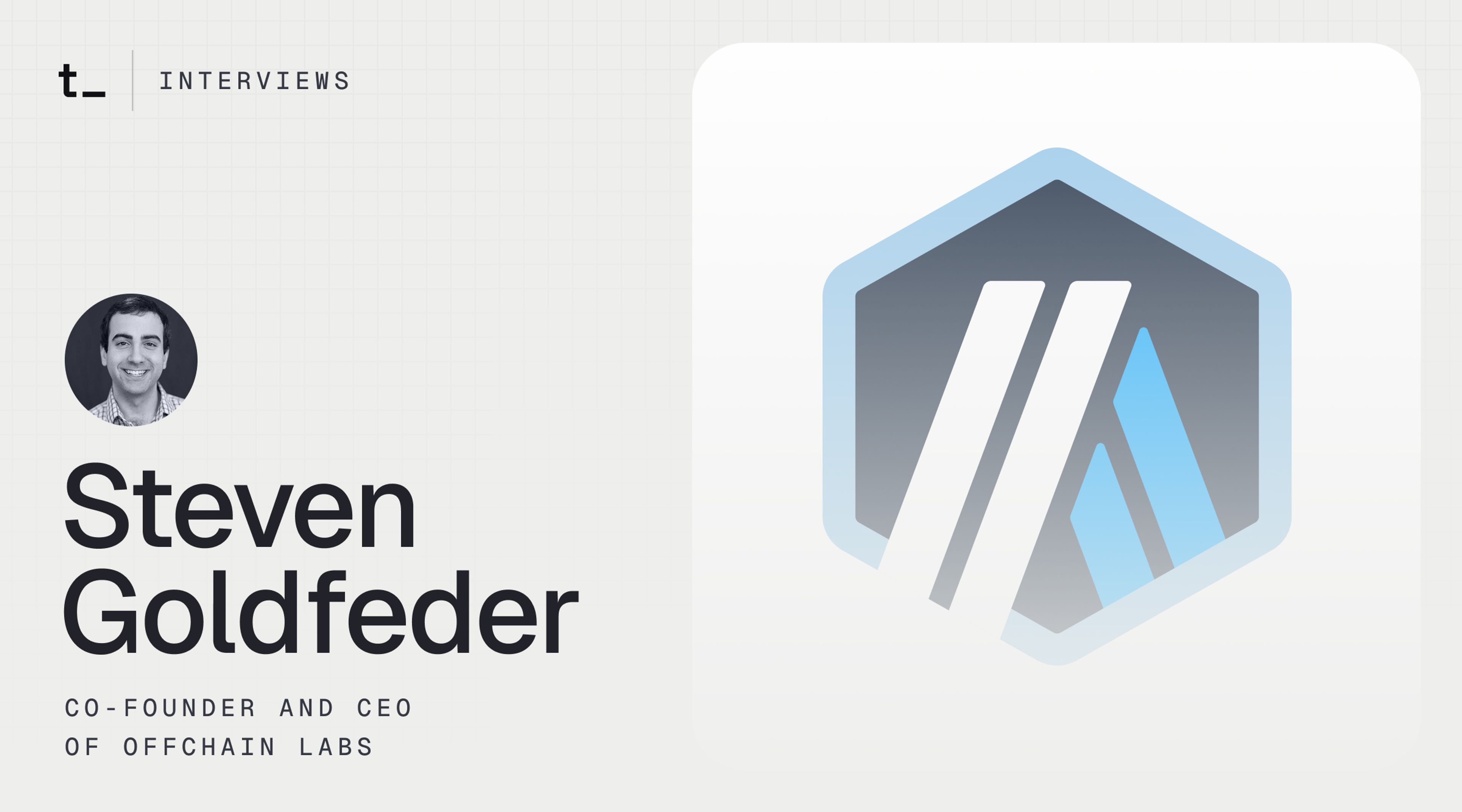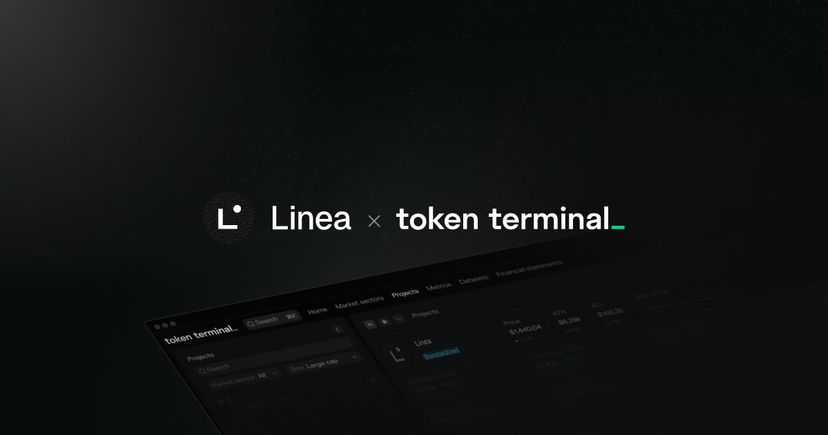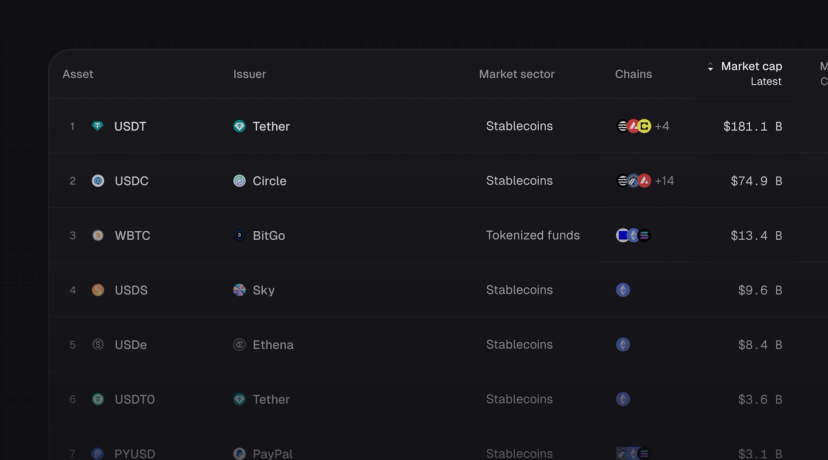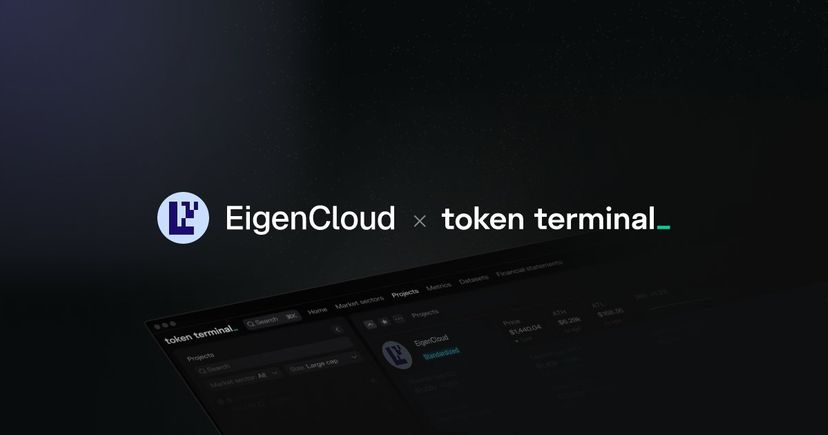Interview
Exploring Arbitrum Stylus, Orbit, and Nitro: An Interview with Steven Goldfeder

In this episode, we’re joined by Steven Goldfeder, Co-Founder and CEO of Offchain Labs, the team behind Arbitrum.
Listen to the episode
We discuss the launch of Arbitrum Stylus, which significantly broadens the blockchain developer ecosystem by enabling the creation of smart contracts in programming languages that compile to WASM, such as Rust, C, C++, and many others.
We explore Arbitrum's strategic positioning in the expanding blockchain market, highlighting its value proposition against alternative ecosystems and tech stacks. We cover key developments within the Orbit ecosystem, the concept and significance of chain clusters, and today’s most exciting chains in development.
We also break down Arbitrum’s business model and how institutions like Franklin Templeton and Robinhood are integrating with the onchain ecosystem. The discussion concludes with Steven’s vision of Arbitrum's success as a leader across verticals, from DeFi to gaming to institutional finance, driven by innovative applications powered by the Nitro tech stack.
Tune in for an insightful discussion on the fundamentals of Arbitrum.
Timestamps:
00:00 Introduction
01:16 Arbitrum Stylus: The Broadband Moment for Blockchain Development
09:46 Exploring the Orbit Ecosystem
17:50 Chain Clusters and Interoperability
28:15 The Power of Customizability
29:08 The Arbitrum Nitro Tech Stack
30:07 Arbitrum Developer Guild and Community Contributions
35:57 Arbitrum's Vision for Success
38:39 Partnerships and Institutional Adoption
40:39 Arbitrum x Robinhood
45:12 Arbitrum's Business Model and Value Accrual
54:02 Upcoming Milestones
Socials:
Steven on X: https://x.com/sgoldfed
Arbitrum: https://arbitrum.io/
Arbitrum on X: https://x.com/arbitrum
Offchain Labs on X: https://x.com/OffchainLabs
The authors of this content, or members, affiliates, or stakeholders of Token Terminal may be participating or are invested in protocols or tokens mentioned herein. The foregoing statement acts as a disclosure of potential conflicts of interest and is not a recommendation to purchase or invest in any token or participate in any protocol. Token Terminal does not recommend any particular course of action in relation to any token or protocol. The content herein is meant purely for educational and informational purposes only, and should not be relied upon as financial, investment, legal, tax or any other professional or other advice. None of the content and information herein is presented to induce or to attempt to induce any reader or other person to buy, sell or hold any token or participate in any protocol or enter into, or offer to enter into, any agreement for or with a view to buying or selling any token or participating in any protocol. Statements made herein (including statements of opinion, if any) are wholly generic and not tailored to take into account the personal needs and unique circumstances of any reader or any other person. Readers are strongly urged to exercise caution and have regard to their own personal needs and circumstances before making any decision to buy or sell any token or participate in any protocol. Observations and views expressed herein may be changed by Token Terminal at any time without notice. Token Terminal accepts no liability whatsoever for any losses or liabilities arising from the use of or reliance on any of this content.
Stay in the loop
Join our mailing list to get the latest insights!
Continue reading
- Customer stories: Token Terminal’s Data Partnership with Linea

Customer stories: Token Terminal’s Data Partnership with Linea
Through its partnership with Token Terminal, Linea turns transparency into a competitive advantage and continues to build trust with its growing community.
- Introducing Tokenized Assets

Introducing Tokenized Assets
Token Terminal is expanding its standardized onchain analytics to cover the rapidly growing category of tokenized real-world assets (RWAs) – starting with stablecoins, tokenized funds, and tokenized stocks.
- Customer stories: Token Terminal’s Data Partnership with EigenCloud

Customer stories: Token Terminal’s Data Partnership with EigenCloud
Through its partnership with Token Terminal, EigenCloud turns transparency into a competitive advantage and continues to build trust with its growing community.